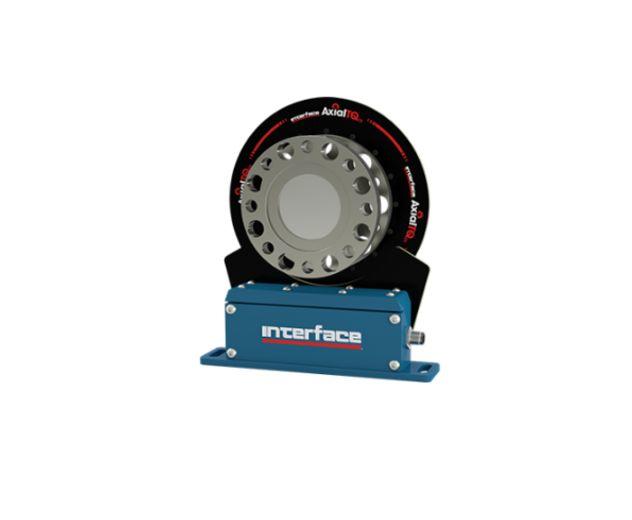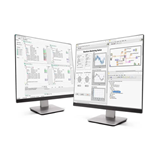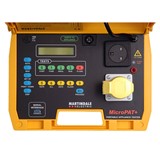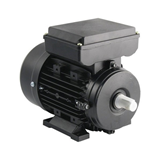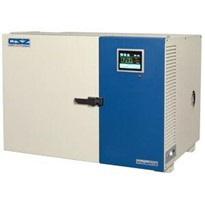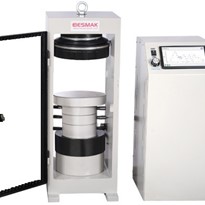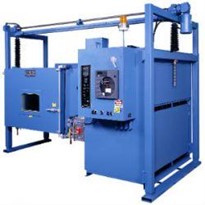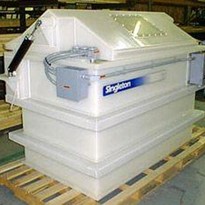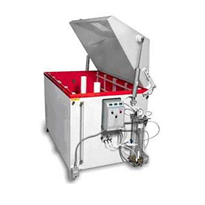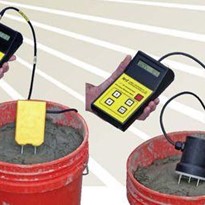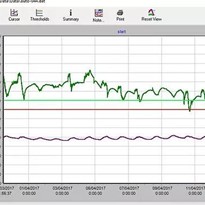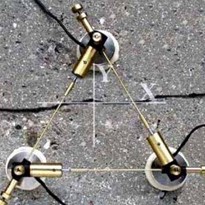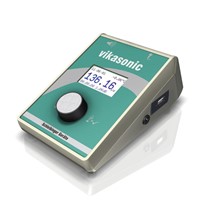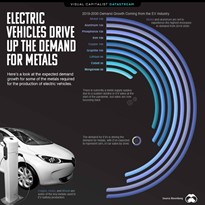As the world addresses climate change, investments in electric vehicle technology have risen greatly across nearly all the world’s
largest vehicle OEMs.
Investments in this vehicle market segment are global. According to a McKinsey report, the global electric vehicle (EV) market was valued at $162.34 billion in 2019, and is projected to reach $802.81 billion by 2027.
As with any technology, as the market potential rises the need for engineering, manufacturing, and testing technologies and suppliers rise as well. Here at Interface, we’ve been preparing for the EV market for many years. In 2018, Interface released the AxialTQ Wireless Rotary Torque
Transducer, designed primarily for the automotive industry and specifically crafted to test some of the more unique requirements for engine testing on electric vehicles.
Fierce Electronics outlined this need in an article on EV testing, saying “wireless rotary torque transducers are the critical link in a test rig used to develop next-generation technologies for electric and hybrid vehicle powertrains.” Interface has addressed this need with AxialTQ.
At the heart of AxialTQ’s innovation is the rotor and high-precision sensing element technology, which when combined with next- generation electronics, produces industry-leading accuracy. Unique features of AxialTQ also allow the system to be fully customizable and flexible include its ability to use simultaneous analog and digital outputs to enable real-time control and data collection. Additionally, the flexible capability of the stator and output module mounting offers an infinite number of configurations to meet any application needs, like those involved in the torque testing of EV. The automotive industry, their subsidiaries and partners are known for stringent and comprehensive testing protocols necessary for safety, performance and quality. Areas that require high-performing force and torque sensor technologies for test and measurement include:
- ICE Lab Testing
- ICE End of Line Testing
- EV Lab Testing
- EV Motor End of Line Testing
- Drivetrain Lab Testing
- Accessory Lab Testing
One area that continues to expand testing is for EV batteries. With the increase in EV battery capacity and the development in the charging technology, various parameters such as temperature, current, and pressure changes have to be monitored to ensure that any increase or decrease outside their range of functioning is detected and solved while driving the vehicle. These conditions lead to the utilization of electric vehicle sensors, which monitor such temperature, current, and pressure surges in EVs.
One of the most integral pieces of technology is the battery used to run every piece of hardware and software in the car. One of the critical tests performed on EV batteries is compression testing. As an EV battery is charged and stores more electrons, it swells. If the packaging housing the
batteries are not intelligently designed to compensate for this swelling, you could have a major problem. For this challenge, Interface can supply a WMC miniature load cell. The load cell will measure compression force as a battery goes through charge cycles on a test stand to determine
the force given off as the battery swells. This allows our customers to design the proper packaging for the batteries.
Test and measurement and sensor technology are critical to optimizing parts and components in innovative and trending markets like the electric vehicle market. Interface is proud to be a key supplier to these customers and we look forward to contributing to the continued growth of this
important technology.


